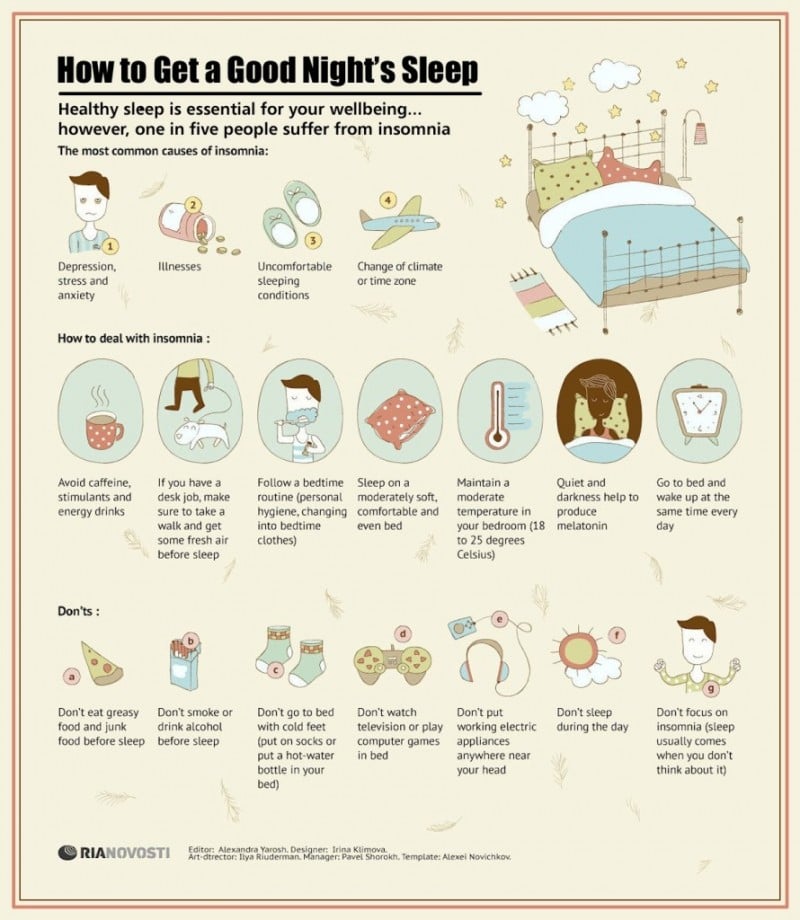
Top five health benefits of getting good night sleep. How proper rest affects function, alertness, health, productivity and overall wellbeing.
There are many health benefits of getting a good night’s sleep. Here, we shall present a few of them, explaining the issue and how sleep helps. If you can identify with any of these problems, then perhaps you need a new bed – or even just a new mattress. Most sleeping issues are due to one of three things: lifestyle, medical or orthopedic problems, or poor sleeping conditions (noise, light or a poor mattress).
Here are five health benefits of getting a good night’s sleep:
1/ You can get more work done during the day – and you may live longer!
Why: If you do not get a good night’s sleep, your body does not get a chance to recover properly for your day’s energy expenditure. Your brain does not get to recover from its activities, and you fundamentally feel tired most of the day. Your work suffers, you feel less like going out and your sex life definitely suffers.
What Sleep Does: Sleep enables your brain to relax and recover. A study has shown that lack of sleep costs the US $411 billion and 1.2 million working days a year. The study by Fortune also showed that someone sleeping for just 6 hours a night had a 13% more mortality rate than someone sleeping 7 to 9 hours.
2/ Good sleep can keep you slim
Why: People who sleep less may be more likely to eat more. This may be one reason for the difference in mortality rate mentioned above. A reason for this was published in the Journal of Sleep Research, where it was found that just one night of sleep deprivation changed hormone levels to increase feelings of hunger. Ghrelin is a hormone that triggers appetite, and people deprived of sleep have increased ghrelin levels.
What Sleep Does: Sleep helps to maintain correct hormone levels. A good night’s sleep of over 7 hours makes a big difference to the hormones that regulate hunger. A disturbed sleep will have the same effect as insufficient sleep. So, if you sleep well each night then you are more likely to be able to stay slim. People with increased ghrelin levels can crave sugar or other carbohydrates. According to an article posted on www.insidebedroom.com, your sleeping positions can have impact on your body and overall sleep quality.
3/ Reduce Your Risk of Diabetes
Why: Sleep deprivation can make you more likely to get diabetes. Experts urge you to get more sleep to avoid Type 2 diabetes. A research study discovered that when there was a distinct difference between weekend and weekday sleep habits, the body clock became unsynchronized. The natural hormone rhythm became disrupted and this hormone disruption can lead to insulin resistance and prediabetes, each of which makes you more susceptible to type 2 diabetes.
What Sleep Does: If you have a regular sleep routine24/7, your body’s hormone system catches on and can regulate itself. While your body clock is operating normally, hormonal issues such as that above with insulin simply do not occur (unless you have an underlying health problem.).

4/ Cleans Out the Brain
Why: The functioning of your brain during the day can result in a build-up of toxins. Some of these are proteins that can lead to the development of brain issues such as dementia or Alzheimer’s.
What Sleep Does: A BBC News report in 2013 commented on an NIH funded study carried out in the US. This was reported in the journal Science (Vol. 342, Issue 6156, pp. 373-377 Oct. 2013) and suggested that brain neurons shrink in size during sleep to increase the interstitial space between them by up to 60%. This allows cerebrospinal fluid to wash away the interstitial fluid and clean out the toxins.
Apparently, this process cannot be carried out while the subject is actively thinking, only while the brain is relatively inactive (sleeping). It’s believed that this can help people avoid neural conditions such as Alzheimer’s disease. This theory has yet to be proved, but this fluid interchange definitely helps to remove toxic proteins (amyloids) that build up during the waking hours.
5/ Sleep Helps Keep your Heart and Bones Healthy
Why: A study in the Netherlands on 8128 men and 9759 women aged 20–65 years showed that a lack of sleep increased their chances of cardiovascular disease (CVD). Another study at the University of Alabama found that sleeping less than 6 hours each day increases the risk of stroke by 400%.
What Sleep Does: If you sleep for at least seven hours each night you can reduce your risk of a heart attack by up to 24%. You can also reduce your risk of a stroke to a quarter of that if you sleep less than six hours each night. These benefits apply even to those who lead an otherwise healthy lifestyle and who maintain a healthy weight. It is believed that a lack of sleep can have an influence on hormone balance and blood pressure.
Health Benefits of Getting a Good Night’s Sleep: Summary
Sufficient sleep offers other benefits such as helping you to keep looking young and maintaining a strong immune system. However, how do you make sure that you sleep well and get the above benefits of regular sleep? One very important factor is your bed – specifically your mattress. Make sure you have a good mattress to sleep on. If you tend to feel hot during the night, a gel memory foam mattress can help you keep your cool. A comfortable sleeping surface is essential.







